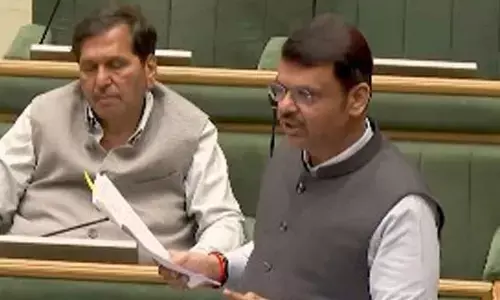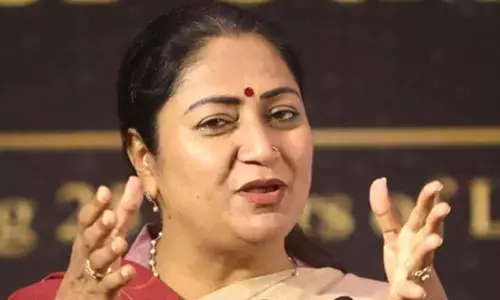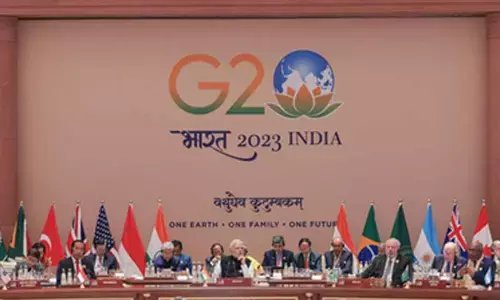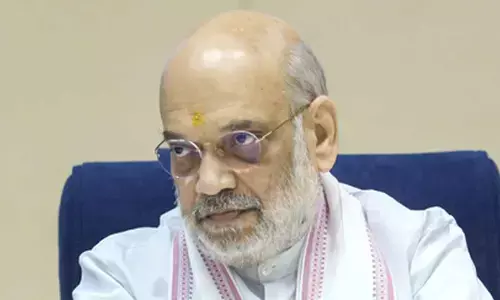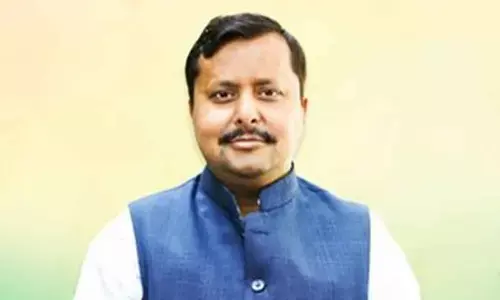Create regulatory frameworks to help companies innovate: Pichai to Vaishnaw
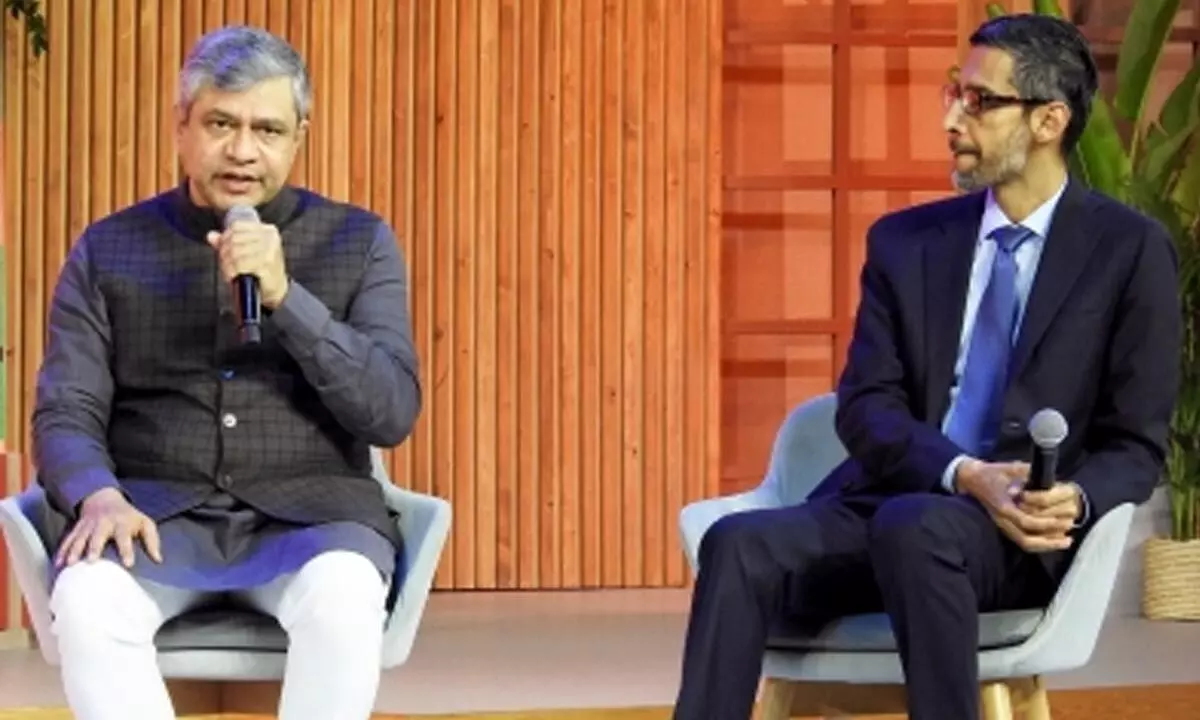
Ashwini Vaishnaw and Sundar Pichai
As India refines its personal data protection (PDP) bill, along with other bills that cater to the digital era, Alphabet and Google CEO Sundar Pichai on Monday said it is important for the government to create regulatory frameworks that help companies innovate on top of those local laws of the land.
New Delhi: As India refines its personal data protection (PDP) bill, along with other bills that cater to the digital era, Alphabet and Google CEO Sundar Pichai on Monday said it is important for the government to create regulatory frameworks that help companies innovate on top of those local laws of the land.
Stressing that the country is going through a key period of time during digital transformation, Pichai vouched for an open and connected internet.
"India has a leadership role to play here. It's important to make sure you're balancing the safeguards you're putting for people and creating innovative frameworks so that companies can innovate on top of certainty in the legal framework," he said in the presence of IT and Telecom minister Ashwini Vaishnaw, at Google India's flagship event here.
Vaishnaw said that the government is working on a range of bills that will safeguard users' data and create a robust legal regulatory framework around the new internet economy.
"Prime Minister Narendra Modi has given us a clear target of creating a comprehensive legal regulatory framework. First we have the telecom bill that is for the telecom carriers. Second is the digital protection bill, which is focused around enforcing citizens' privacy rights. The 'Digital India' bill will look at practically everything else that is required to be seen," said the Minister.
The government aims to make these bills go live, starting next year.
Pichai said that if you look at the scale at which tech is working and touching so many lives around the world, "to me it makes sense that tech needs responsible regulation".
"I think it's important for countries to think about how to best safeguard their citizens. We are engaging constructively," he told the audience.
"It is easy to build something which scales across the entire country and this is the opportunity that India has. There's no better time to do a startup, even though we are working through a macro-economic situation right now," the Google CEO mentioned.
Earlier this month, key industry stakeholders led by industry body Nasscom, during a meeting with IT Minister Vaishnaw, emphasised that the draft Digital Personal Data Protection Bill 2022 will bolster India's narrative as a trusted global partner for all invested in digital transformation.
Vaishnaw said that as the PDP Bill gets finalised, on cross-border data flows, the government will ensure that the approach focuses on strengthening data protection without disrupting data flows.
The IT Minister said that the PDP Bill will be designed to redress concerns and complaints regarding data protection in a manner that the mechanism is accessible and effective for every strata of the society.
The industry felt that a framework prepared in consultation with government departments, sectoral regulators, and public consultations, should provide a clear, proportionate and enabling framework, according to Nasscom.








